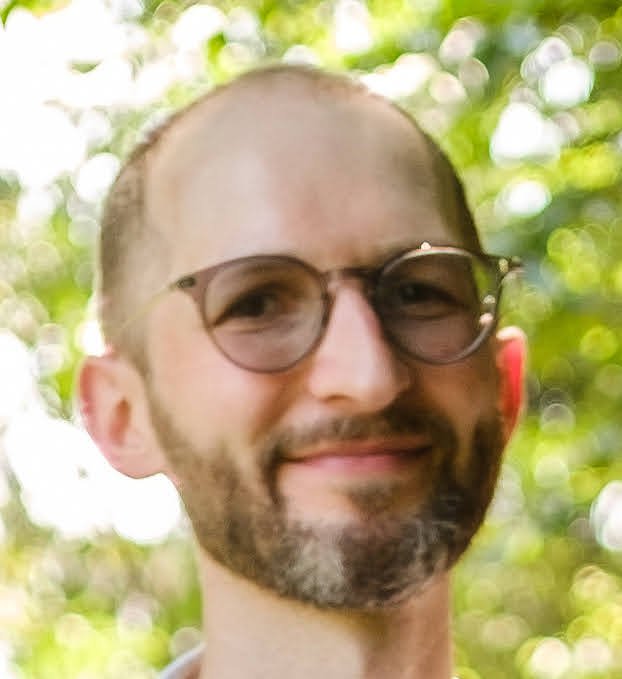I've been hard at work: at my job, the Pittsburgh Comedy Festival, and the four weeks I have been living and breathing The End of the World Show.
I thought I would write a series about my experience putting the show together -- as a journal for me and for anyone interested in the lessons I learned.
This maiden post is about where the show came from. I mentioned this briefly in the NakYouOut interview, but it one of the first questions people ask me.
I had been toying with a big, theatrical improv production for many years. Scotch 'n' Soda did a few mainstage improvised productions in the years before I arrived (and one while I was at CMU) -- and that idea was always appealing to me. What if we did an improv show with a theater production schedule? Rehearse for a few weeks with a dedicated cast, put up a run of shows (build an audience, get some buzz in the press), and then all move on with our lives?
I've also been wanting to do an envelope show. I knew the concept but the term I got from Asaf Ronen's book Directing Improv. He describes an envelope show as one in which the improv -- in this case, short form games -- are motivated by a frame story, an envelope. I loved the idea of building up characters in rehearsal then playing them over the course of 4 weeks. Those characters could grow and arc over the course of the show, and we could really take the audience somewhere even as we play games. And further, that the games themselves would be affected by the envelope. They would not have that "here's what we're doing can I get a location?" feel because the actors (in the plot) are not improvisers. They're just people trying to save the planet.






